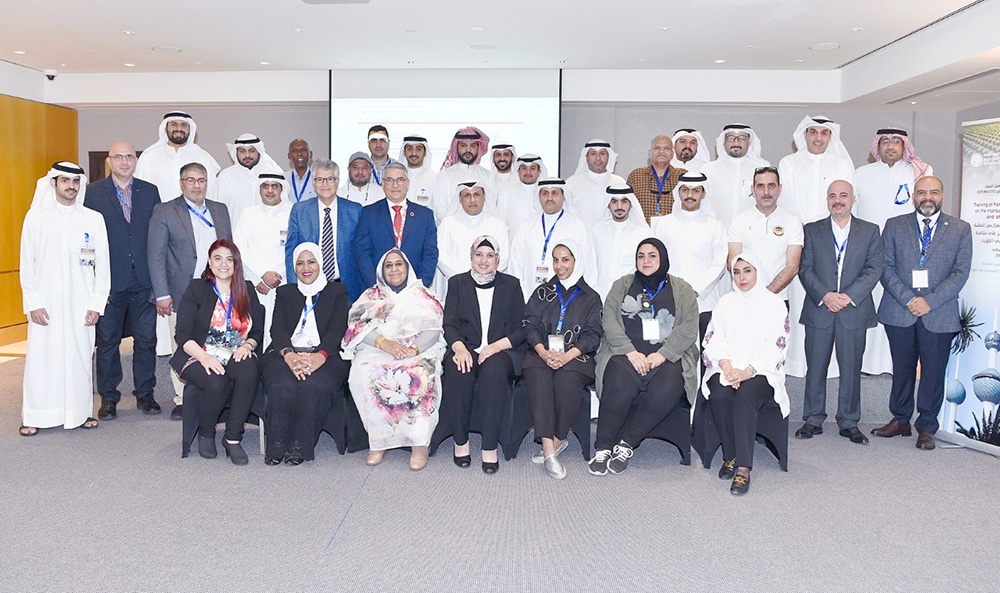KUWAIT: Kuwait needs a comprehensive plan for pasture management and allocating specific areas for grazing, a representative from the country’s Public Authority for Agricultural Affairs and Fish Resources said Monday.The plan is essential to rehabilitate the environment in a sustainable manner and help increase the botanical diversity of fungal flora, said environment management expert in the resilient agricultural livelihoods program Dr Munir Al-Wahaishi.
The recommendation is part of several released by the authority following a program it ran in collaboration with the International Center for Agricultural Research in Dry Areas (ICARDA). The center’s goals are to address the challenges facing the world’s non-tropical dry areas: rising temperatures, critical water scarcity, diminishing natural resources and an insecure food and nutritional future under often unstable social conditions. Their work closely aligns with the United Nations Sustainable Development Goals (SDGs).
The ICARDA-agriculture authority program aims at qualifying and assisting the national cadres in the agriculture authority to manage pastures in the agricultural Wafra region. It also aims to spread awareness among livestock owners regarding environment-friendly practices and adherence to laws that safeguard pastures in order to avoid penalties specified by the authority against violators.
The center has been working with Kuwait since at least 2007, when they signed a memorandum of understanding whereby the two sides would carry out joint research programs in the fields of agriculture, environment protection and human resources. Amal Abdul Kareem, ICARDA’s national coordinator, said the center helped the authority create many of its research programs.
Saving the palms
Also Monday, the authority said it concluded a workshop for facilitators of field schools for palm pest management with the goal of stopping the spread of the red palm weevil, a pest that attacks date and coconut-producing palms and ornamental palms. “Kuwait pays close attention to the issue of the red palm weevil. The country prioritizes preserving and improving the productivity of date palms. The measures taken so far to limit its spread indicate positive results,” he told KUNA.
The workshop is conducted in cooperation with the Food and Agriculture Organization of the United Nations (FAO) as part of its regional program on red palm weevil (RPW) eradication in the Near East and North Africa. It aims at developing the skills agricultural engineers and agricultural supervisors and bring their attention to prevention and discovery methods of the red palm weevil, said the Deputy Director General of the Authority for Plant Wealth Affairs Nasser Taqi. The Near East and North Africa region dominates the production and trade of dates, as about 75 percent of the global area producing date palms (1.35 million hectares) is located in the region. The region produces more than 77 percent of the global production of about 9.2 million tons of dates.
The red palm weevil attacks about 40 species of palms in more than 50 countries causing widespread damage to palm trees and other crops, affecting production, farmers’ livelihoods and the environment.
Recent studies, said Regional Plant Protection Officer with FAO Thaer Yaseen, estimate the annual value of lost palm trees and associated lost revenues amounts to about $213 million in Egypt and about $401 million in Saudi Arabia. Kuwait has been working with FAO to eradicate the pest since 2017. —Agencies











